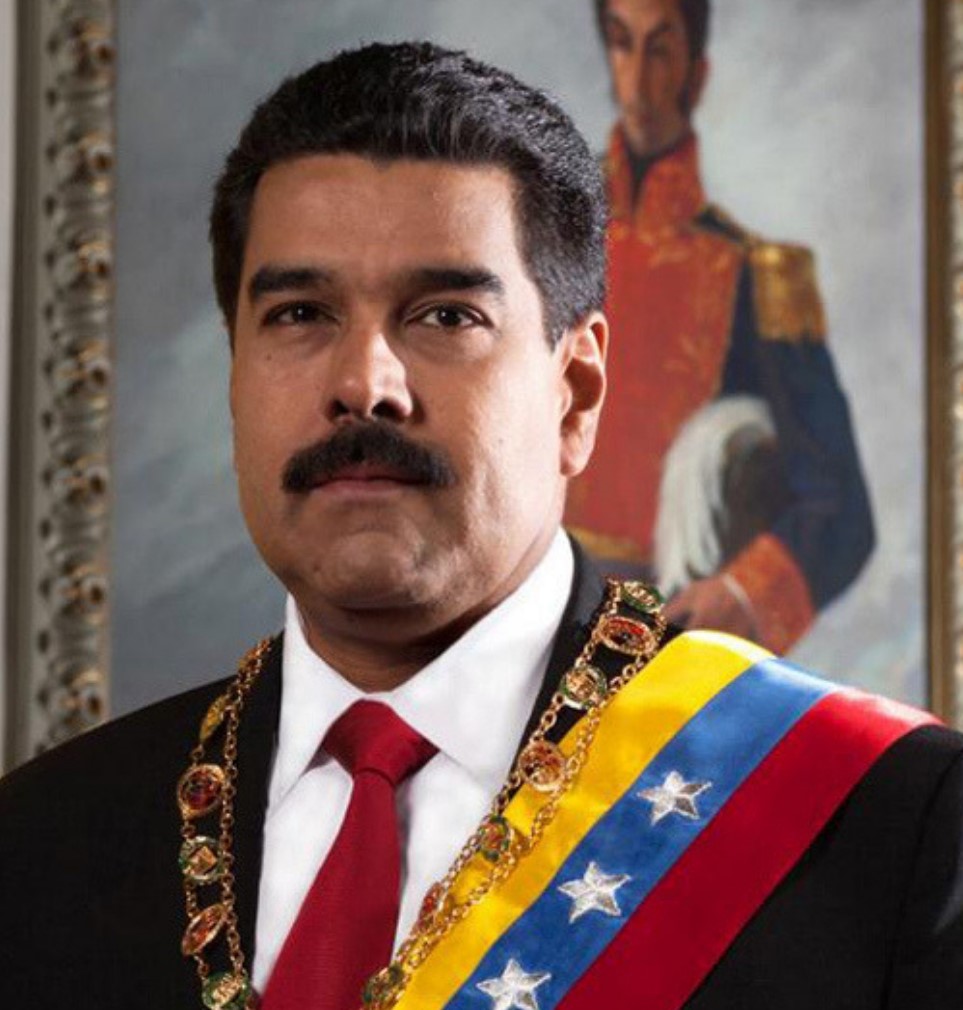CARACAS, (Reuters) – Venezuela’s government claimed victory yesterday in a diplomatic quarrel with Latin American countries over a border dispute with Guyana, while ignoring an avalanche of criticism over President Nicolas Maduro’s second term in office.
Maduro had warned members of the so-called Lima Group of “diplomatic measures” after they said on Jan. 4 that they would not recognise his second term because Venezuela’s 2018 election was not free or fair.
The statement, signed by nations including Brazil, Argentina and Colombia, also expressed concern that Venezuela had violated Guyana’s sovereignty by stopping a ship doing offshore oil exploration on behalf of Exxon Mobil Corp.
Foreign Minister Jorge Arreaza said at a news conference yesterday that 10 of the 12 governments that signed the statement had since clarified their position on the Guyana dispute.
“We believe that regional diplomacy has convinced these countries” to reconsider the border issue, Arreaza said. “Diplomacy has ensured the rule of law.”
He said he hoped that the other two countries – Paraguay and Canada – would follow the example of the bloc’s other members. Paraguay cut diplomatic ties with Venezuela on Thursday.
Arreaza did not address the Group’s broader point about the legitimacy of Maduro, who was sworn in on Thursday, except to denounce the bloc’s Jan. 4 statement as “vulgar” interference in Venezuelan internal affairs.
The OPEC nation’s 2018 vote was widely boycotted by the opposition and condemned as rigged by governments around the world. Maduro insists it was fair and that opposition leaders did not take part because they knew they would lose.
Speaking in Abu Dhabi yesterday, U.S. Secretary of State Mike Pompeo described Maduro’s government as illegitimate and said the United States would work with like-minded nations in Latin America to restore democracy in Venezuela.
Arreaza responded on Twitter by accusing Pompeo of “openly promoting a coup in Venezuela by encouraging the disavowal of the constitution and the will of the people.”
The head of the country’s opposition-run Congress, Juan Guaido, said on Friday that he was prepared to assume the presidency on an interim basis and call elections, because Maduro had been declared illegitimate.
Congress has been stripped of powers by the Supreme Court and a pro-Maduro legislature known as the Constituent Assembly has been activated, and the impact of Guaido’s remarks was not immediately clear. Brazil’s government said yesterday that it recognised the opposition lawmaker as the legitimate president of Venezuela.





